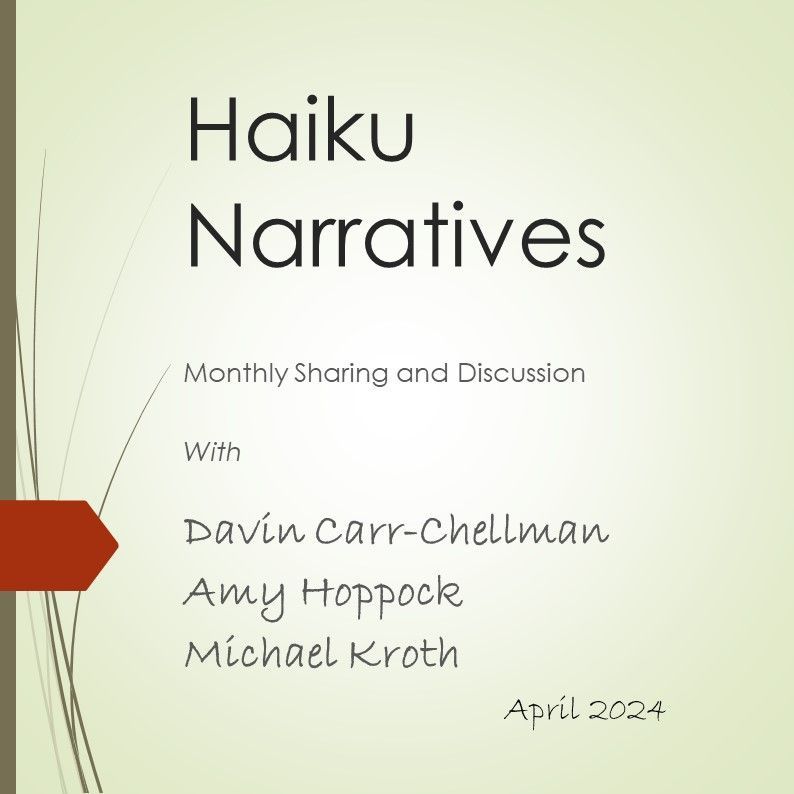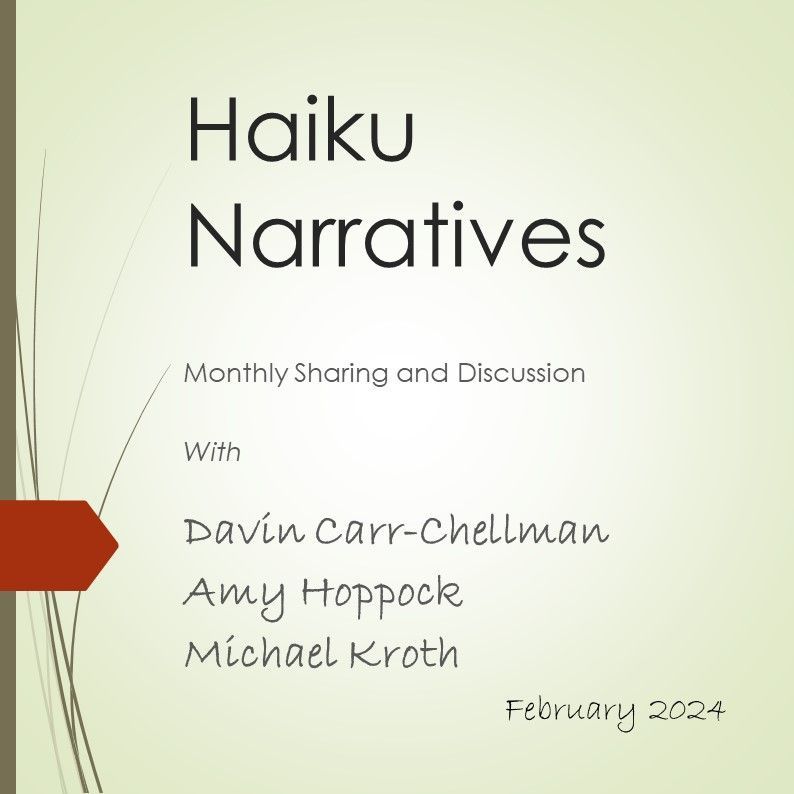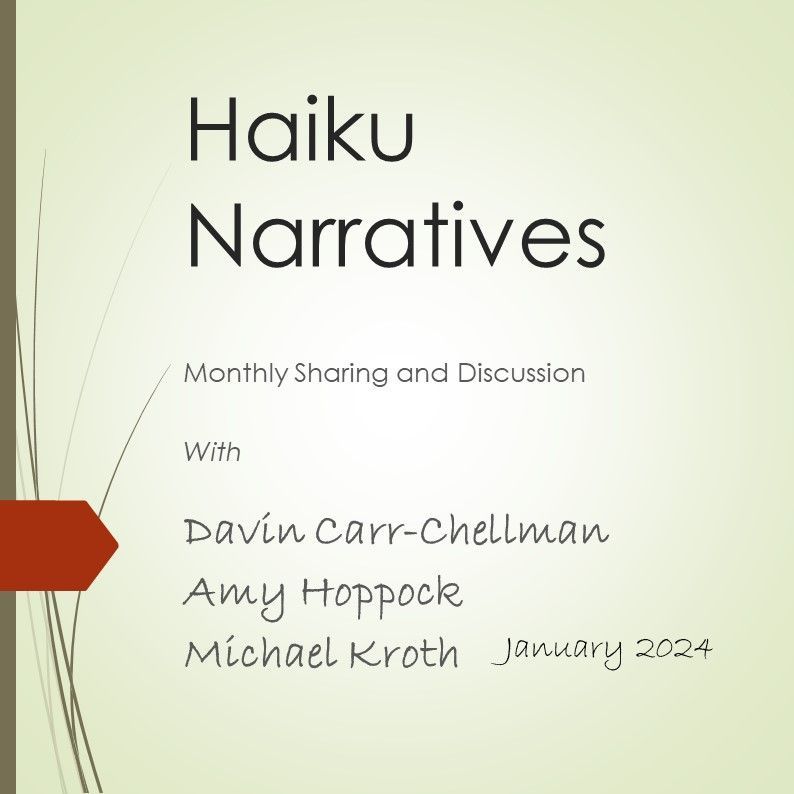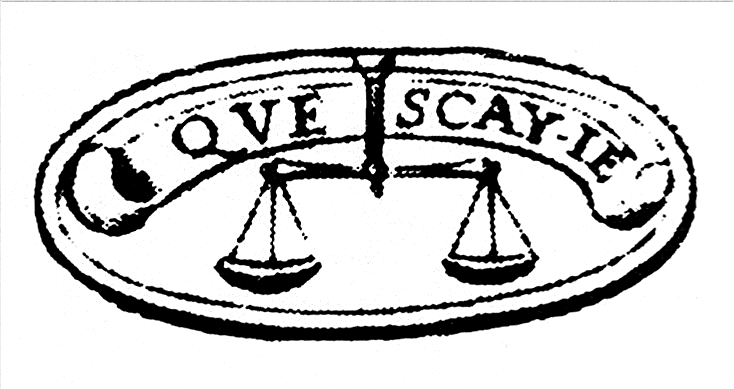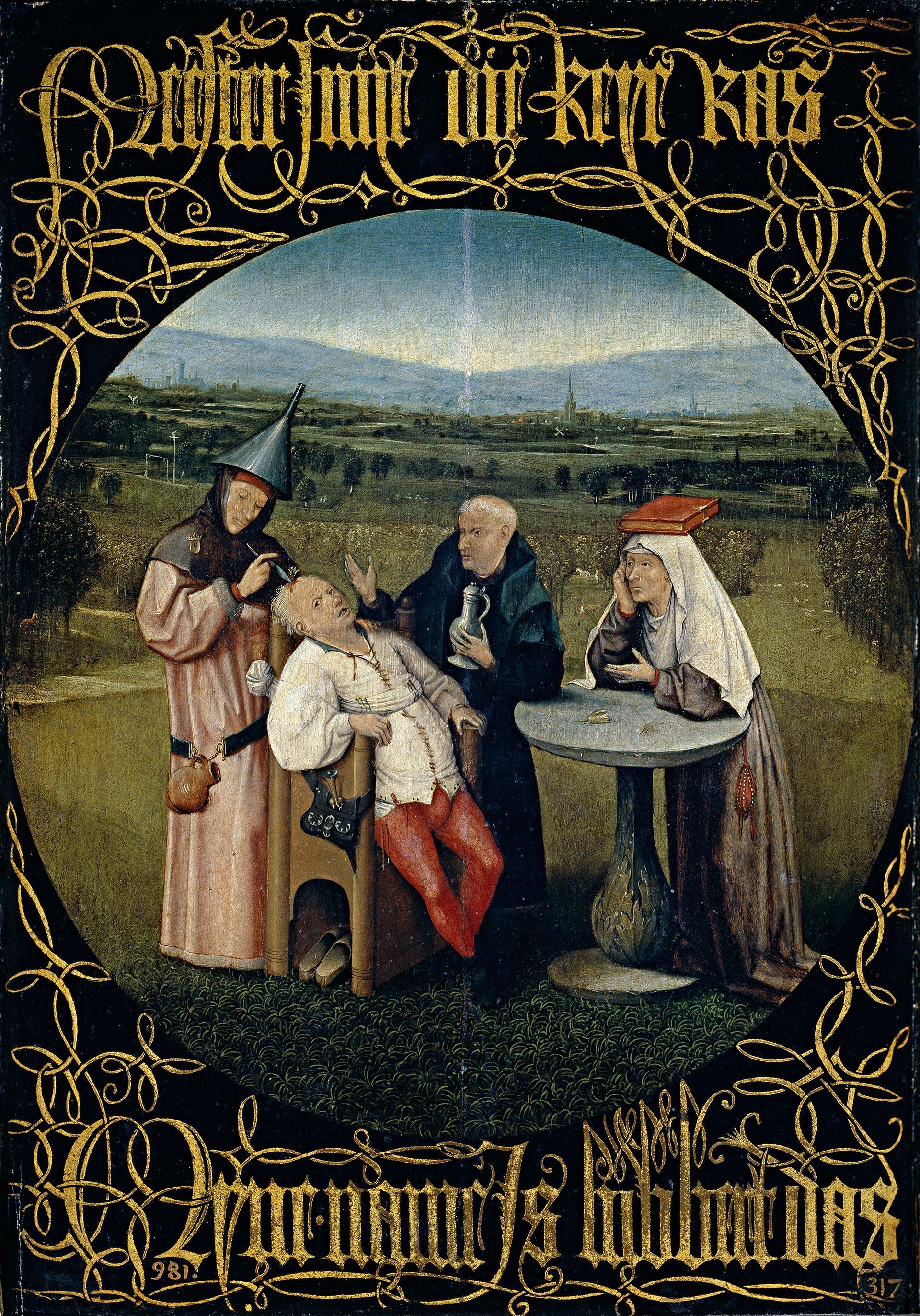
The Practice of Practices
The Meta-Practice Of Practices

Decades ago, I discovered Stephen Covey’s Seven Habits of Highly Effective People on the seat of my dad’s truck as we took a drive to visit my grandmother. I picked it up, scanned it, decided it was just what I needed, asked my dad if I could borrow it, he said yes, and I never returned it. It changed my life.
Covey’s habits, published in 1989, changed many lives. It has sold more than 25 million copies and over 1.5 million audio book. It was just what I needed at that time in my life, and I immersed myself in it. I went on to become a certified Covey facilitator, training the Seven Habits, First Things First, and Principle-Centered Leadership, all Covey books. The Seven Habits are:
Be Proactive; Begin With The End In Mind; First Things First; Think Win-Win; Seek First To Understand, Then To Be Understood; Synergize!; And Sharpen The Saw.
This week, our church started a sermon series based on Ed Bacon’s book, 8 Habits of Love: Overcome Fear and Transform Your Life. I’m reading the book now and have volunteered to facilitate a discussion group about it. Bacon’s habits – all great ones too, are:
The Habit of Generosity, The Habit of Stillness, The Habit of Truth, the Habit of Candor, The Habit of Play, The Habit of Forgiveness, The Habit of Compassion, and The Habit of Community.
So now we are looking at 7 + 8 = 15 habits. Again, each one can be profoundly life changing. Each one, mind you, even if practiced diligently will take just a bit of time to make an immediate difference but a lifetime of work to integrate into who-we-are.
Christine Valters Paintner shares twelve more, in The Soul's Slow Ripening: 12 Celtic Practices for Seeking the Sacred. Those are:
- The Practice of Thresholds
- The Practice of Dreaming
- The Practice of Peregrinatio & Seeking Your Place of Resurrection
- The Practice of Blessing Each Moment
- The Practice of Soul Friendship
- The Practice of Encircling
- The Practice of Walking the Rounds
- The Practice of Learning by Heart
- The Practice of Solitude & Silence
- The Practice of Seasonal Cycles
- The Practice of Landscape as Theophany
- The Practice of Three Essential Things
Thich Nhat Hanh shares 49 “gathas”, which are“…short verses which we can recite during our daily activities to help us dwell in mindfulness” (p. vii) and he also has 14 Mindfulness Trainings for what he calls the Order of Interbeing. They are excellent as well:
Openness; Non-Attachment to Views; Freedom of Thought; Awareness of Suffering; Compassionate, Healthy Living; Taking Care of Anger; Dwelling Happily in the Present Moment; True Community and Communication; Truthful and Loving Speech; Protecting and Nourishing the Sangha; Right Livelihood; Reverence for Life; Generosity; and True Love.
So now, if I count correctly, that’s 7 + 8 + 12 + 49 + 14 = 90 habits (practices, methods, ways-of-being) to work on. Even if you take out the gathas, you still have 41 serious activities to concentrate on – that will take a long time – years, a lifetime – to develop.
If I add Rumi’s Four Essential Practices: Eating Lightly, Breathing Deeply, Moving Freely, and Gazing Deeply; the whole idea of “cultivating virtue” (Snow, 2015) – and there are quite a number of those, and we have a lot on our hands.
And we are just getting started. If I just survey my book shelves at home I could add quite a few more.
Some of these, of course, overlap. But still, each one of those represents a major commitment. Just reading a book or having a discussion series won’t do it. Practices - those habits and routines and skill-and-aptitude development of living deeply – don’t just become a part of the way you are from a quick read-through.
So, how does one decide what to put energy and time and commitment into developing over time?
It’s possible to pick up a book which changes your life. But it’s what we do after we read the book or hear the podcast that can lead us more deeply.
I suggest that thinking about what I’m calling here, The Practice of Practices, is worth your consideration. The practice, or perhaps more clearly expressed as the meta-practice of practices is the ability and commitment to step back and to take a look at the practices, habits, disciplines, and routines that form us and to evaluate what is important to develop over time, what is no longer working or needs adjusting, what to add and what to drop. We can only truly transform ourselves through practices via a serious dedication over time.
The result, however, is worth it. We have the ability to transform ourselves, with support outside ourselves of course, if we wish to do that. But we can’t just flip through a laundry list and expect to be or do differently. We’ll need to practice over time. And that means making strategic decisions about where we’ll put our attention.
Books, ideas, thoughts, examples – all of those can be epiphanal and useful. It’s possible to pick up a book which changes your life. But it’s what we do after we read the book or hear the podcast that can lead us more deeply. It's also possible that we don't need an epiphany at all - we just decide that we would like to live life more deeply, make that choice, and then expend serious effort over time to do that and to become the kind of person who is that. That ongoing reflective process, I suggest, is key to regulating, adapting, and choosing where to put our efforts.
And with all the books and podcasts and gurus on the market, it can be useful to regularly take a look at all our current and hoped for practices.
Sources:
Bacon, E. (2012). 8 habits of love: open your heart, open your mind (1st ed.). Grand Central Life & Style.
Covey, S. R. (1989). The seven habits of highly effective people: restoring the character ethic. Simon and Schuster.
Johnson, W. (2010). Rumi's four essential practices: ecstatic body, awakened soul. Inner Traditions.
Nhất, H. n. (1990). Present moment, wonderful moment: mindfulness verses for daily living. Parallax Press., and
14 Mindfulness Trainings, https://1gkys61108am2vvslv1ayriu-wpengine.netdna-ssl.com/wp-content/uploads/2019/11/The-Fourteen-Mindfulness-Trainings2012-1.pdf.
Snow, N. E. (2015). Cultivating virtue: perspectives from philosophy, theology, and psychology. Oxford University Press. New Paragraph
It's also possible that we don't need an epiphany at all - we just decide that we would like to live life more deeply, make that choice, and then expend serious effort over time to do that and to become the kind of person who is that. That ongoing reflective process...is key to regulating, adapting, and choosing where to put our efforts.
Follow Me
Profound Living Copyright © 2019 by Michael Kroth.
All Rights Reserved.
Individual contributors to this site retain all rights to their own original work.
Follow Us
Subscribe for Updates
Contact Us
Thanks for subscribing! You'll now be notified whenever a new post is added.
Oops, there was an error.
Please try again later

